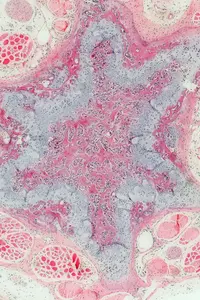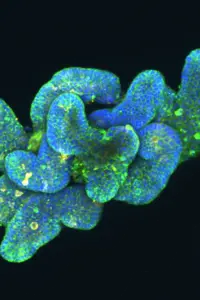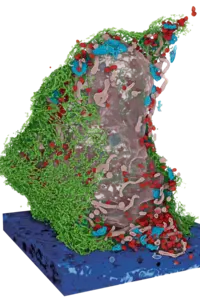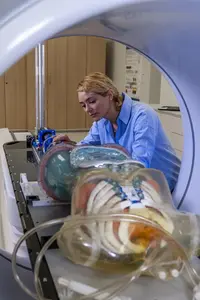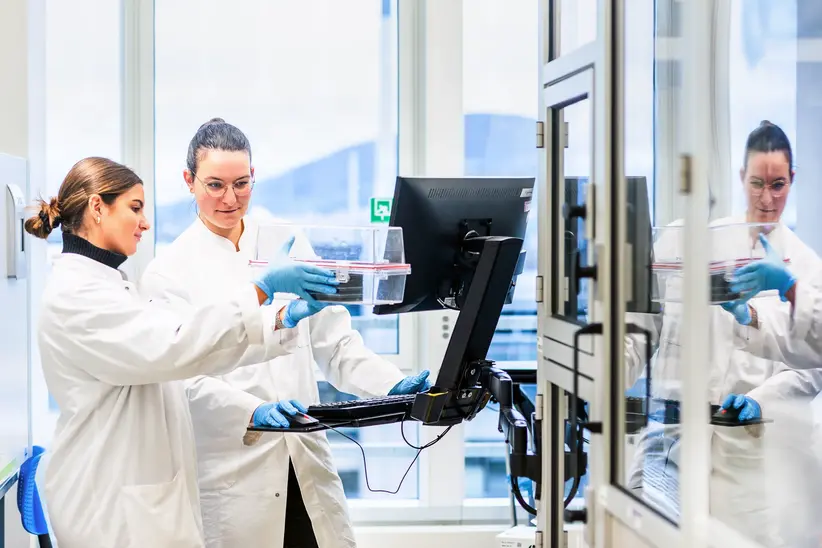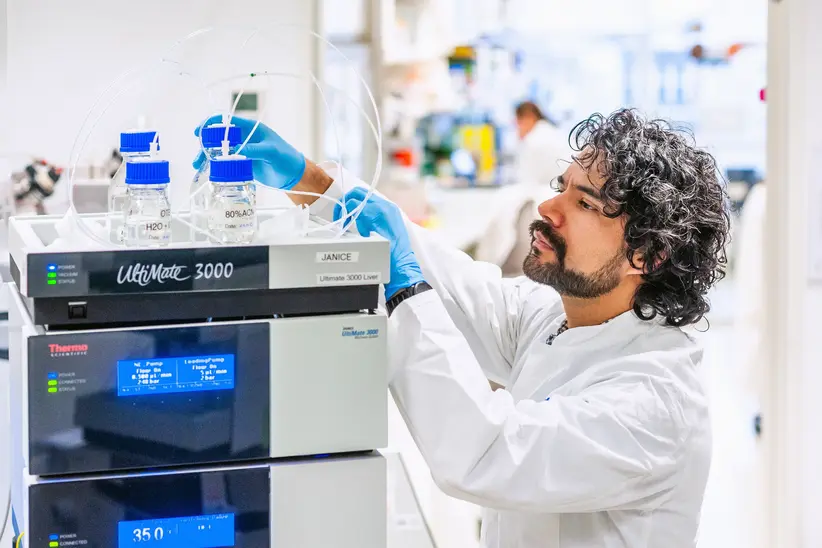Research for a life without cancer
At the DKFZ, we want to ensure that fewer people develop cancer, that cancer can be cured or treated so effectively that those affected can live with the disease and grow old with a good quality of life.
About DKFZ
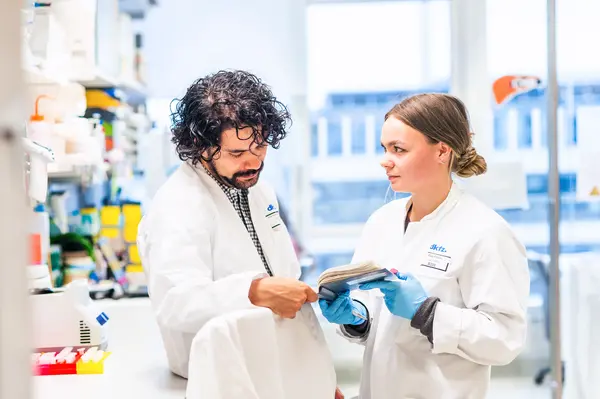
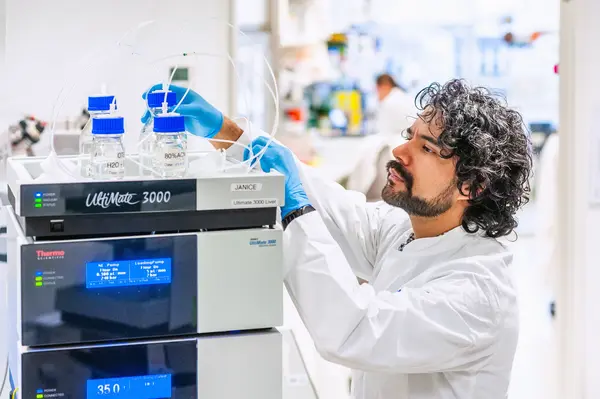
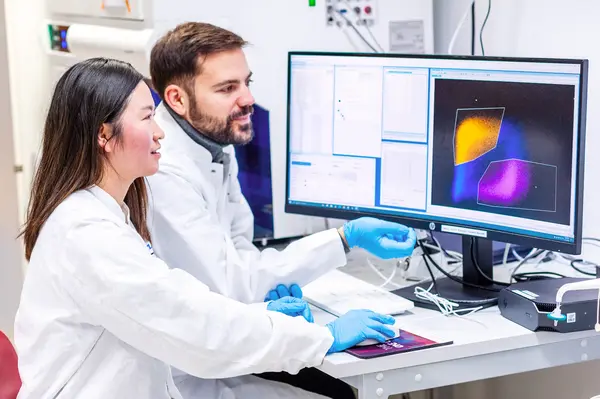
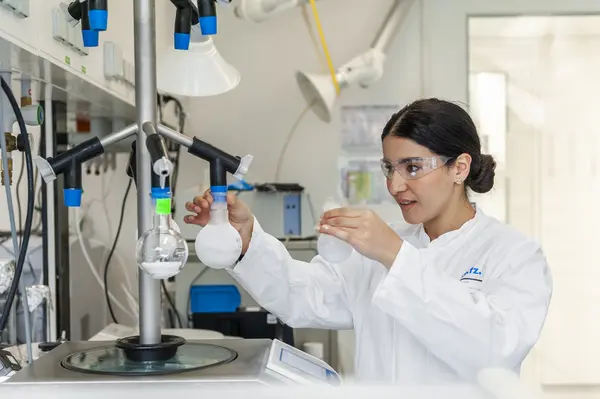


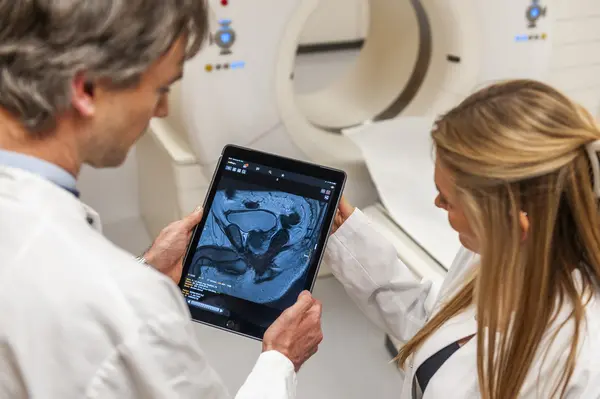
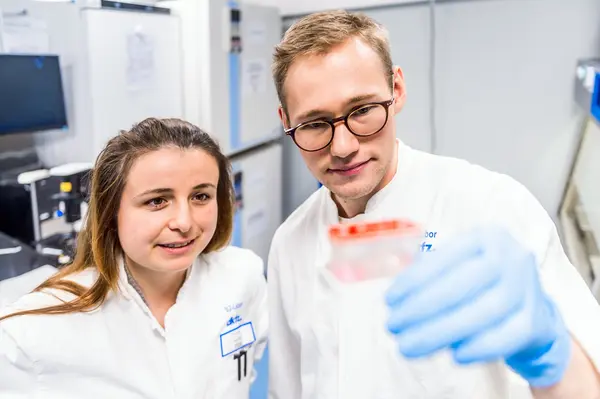
Latest from DKFZ

With its Proof of Concept (PoC) grants, the European Research Council (ERC) supports scientists in further developing the economic potential of their research results. Two scientists from the German Cancer Research Center (DKFZ) have now been selected for this prestigious funding: Hellmut Augustin is developing novel mouse tumor models that will ensure better transferability of results while reducing the number of animals used in experiments. Michael Platten plans to further develop an AI-driven classifier to accelerate the complex production of therapeutic T cells for immunotherapy.







Our research opens doors in the fight against cancer
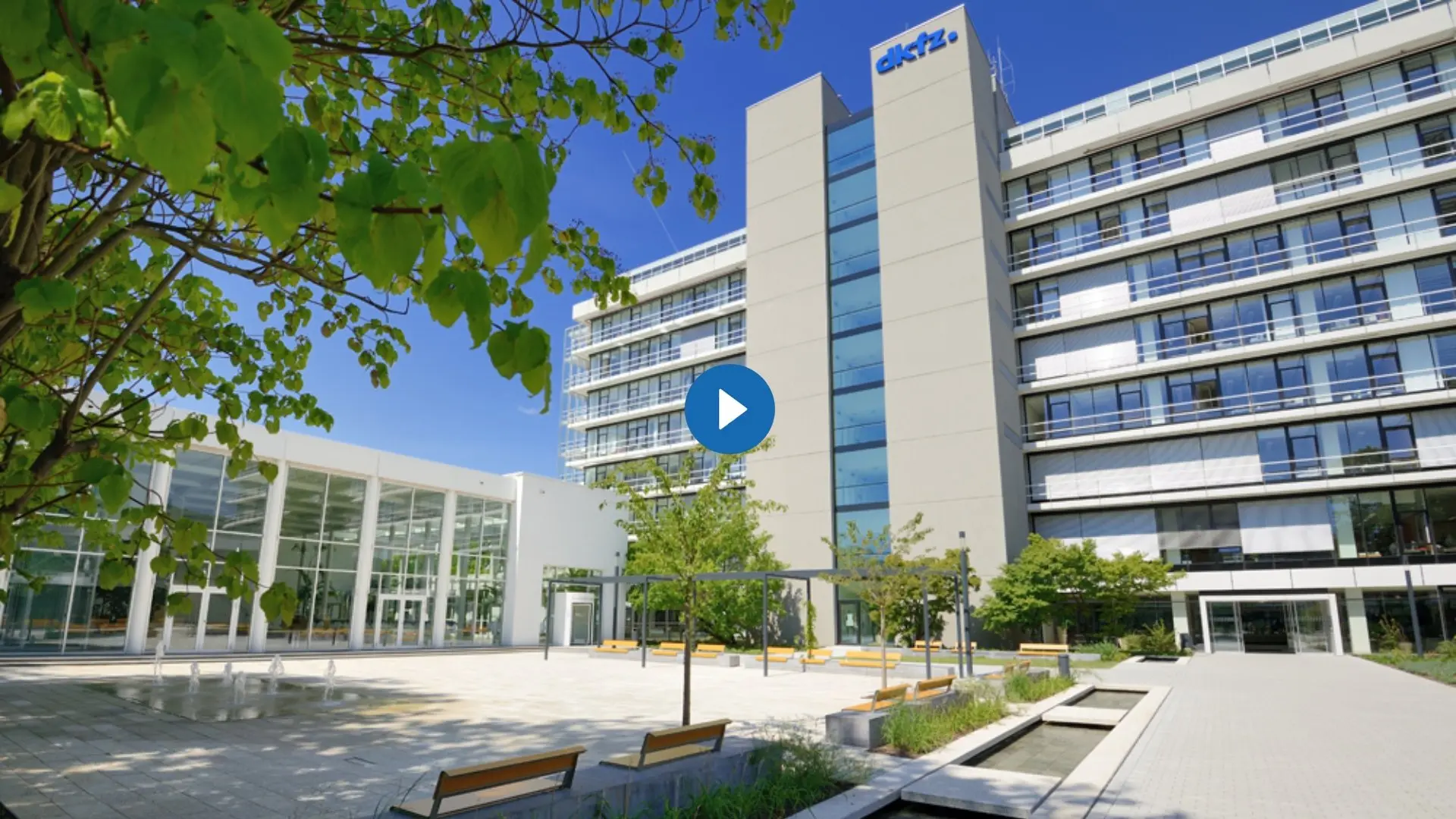

Do you have questions on the topic of cancer?
Let us advise you!
Doctors from the Cancer Information Service answer your questions every day. Find out more now for free!
